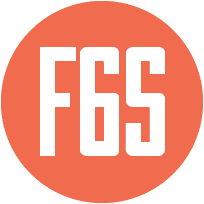1. Core Game Engine:
-
Unity3D or Unreal Engine: Both are robust game engines that support multi-platform development.
2. Blockchain Components:
-
Hyperledger Fabric: For core blockchain functionalities.
-
Web3.js or Ethers.js: For integrating blockchain functionalities into web-based interfaces.
3. Peer-to-Peer Networking:
-
WebRTC: For real-time communication, including voice and video chat.
-
BitTorrent Protocol Libraries (like libtorrent): For P2P data distribution.
4. Game Server & APIs:
-
Node.js: A runtime for executing JavaScript server-side, ideal for real-time applications.
-
Express.js: Web application framework for Node.js for building APIs.
-
Socket.io: For real-time bidirectional event-based communication.
5. Databases:
-
CouchDB or LevelDB: Supported databases for Hyperledger Fabric.
-
MongoDB or PostgreSQL: For storing game states, user profiles, and other necessary data.
6. Authentication:
-
OAuth: For integration with third-party services like Google, Facebook, Twitter.
-
JWT (JSON Web Tokens): For secure transmission of information.
7. Frontend Web Frameworks:
-
React or Vue.js: For building web-based game client interfaces.
-
Three.js or Babylon.js: JavaScript libraries for displaying 3D content in browsers.
8. Multi-Platform Development:
-
Electron: For desktop-based clients (Windows, Mac, Linux).
-
React Native or Flutter: For mobile game clients (iOS, Android).
9. Security & Encryption:
-
OpenSSL: For cryptographic functions.
-
Let's Encrypt: For SSL certificates.
10. Analytics & Monitoring:
-
Prometheus and Grafana: For real-time monitoring and analytics.
-
ELK Stack (Elasticsearch, Logstash, Kibana): For logging and visualizing game and network operations.
11. External Integrations:
-
Stripe API: For handling payments.
-
Social Media APIs: For integrations with platforms like Discord, Steam, Facebook, etc.
-
Nodemailer: For email services.
12. Backup & Recovery:
-
Duplicati or rsync: For backup operations.
-
BitTorrent Protocol: For distributed backup storage and recovery.
13. CI/CD:
-
Jenkins or GitLab CI/CD: For continuous integration and continuous deployment.
14. Development & Collaboration Tools:
-
Docker: For containerizing applications.
-
Kubernetes: If you opt for orchestrated container deployment.
-
Git: For version control.
-
Visual Studio Code or IntelliJ IDEA: IDEs for development.
Conclusion:
Your ambitious project aims to harness the collective computational power of its player base, creating a decentralized super-computer that powers the game. While the above stack provides a comprehensive set of tools and technologies, the complexity of such a venture cannot be understated. Each component will require deep integration, thorough testing, and regular maintenance. Collaboration with experts in blockchain, game development, and P2P networking will be crucial for the success of your endeavor.

